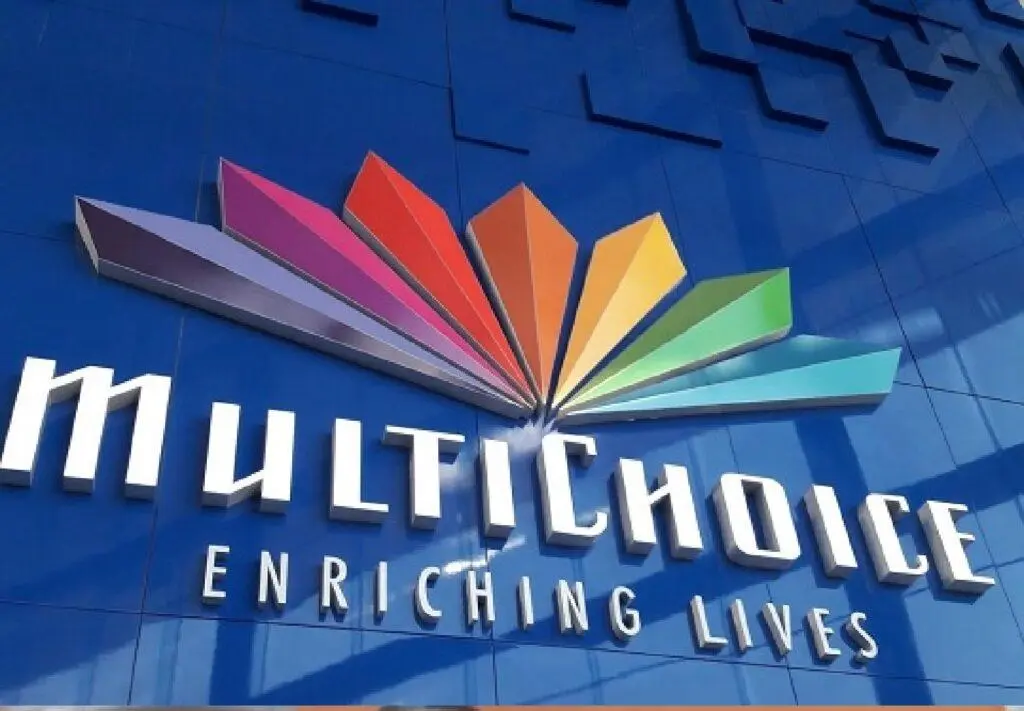Multichoice Nigeria, a leading Pay-TV operator, has announced another round of price increases for its DStv and GOtv packages, this time by at least 25 per cent. This marks the third increment since last year, with the latest adjustment set to take effect from Wednesday, May 1, 2024. The company stated that the decision was necessitated by rising operational costs.
In an email titled: “Price Adjustment on DStv and GOtv Packages” sent to subscribers on Wednesday, April 24, 2024, Multichoice communicated the upcoming changes. The email emphasised the company’s commitment to delivering high-quality content and services despite the price adjustments.
According to the notice, subscribers on the DStv Premium package will experience a 25.4 per cent increase, with their monthly subscription fee rising to N37,000 from the current N29,500. Similarly, the Compact+ bouquet will see a 26.2 per cent increment to N25,000 from N19,800 per month.
DStv Compact subscribers will face a 25.6 per cent hike, with their monthly fee increasing to N15,700 from N12,500, while those on the Confam package will see a similar percentage increase, with their subscription rising to N9,300 from N7,400.
Under the new pricing structure, subscribers on the DStv Yanga bouquet will now pay N5,100 monthly, marking a 21.43 per cent increase over the current N4,200 fee.
Multichoice has also adjusted prices across its GOtv packages. Customers on the Supa Plus package will experience a 25.6 per cent rise, with their monthly fee increasing to N15,700 from N12,500. Similarly, the Supa bouquet will see its price increase to N9,600 from the current N7,600.
For the GOtv Max subscription, the new price will be N7,200, up from N5,700, while the Jolli package will now cost N4,850, compared to the current price of N3,950. Multichoice has also raised the price of its lowest GOtv package, Jinja, to N3,300 monthly from the current N2,700.
Although Multichoice Nigeria has not provided specific reasons for the recent price review, it had cited economic challenges impacting its business operations during the last review. Nigeria’s inflation rate has also increased to 33.2 per cent, adding pressure on consumers’ purchasing power.





